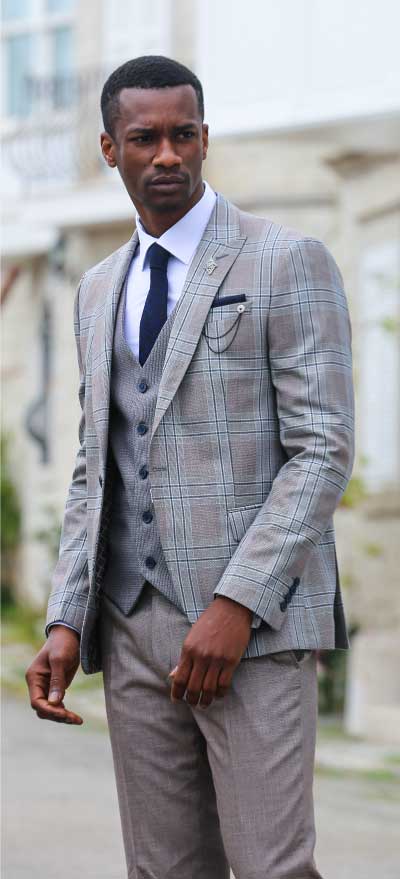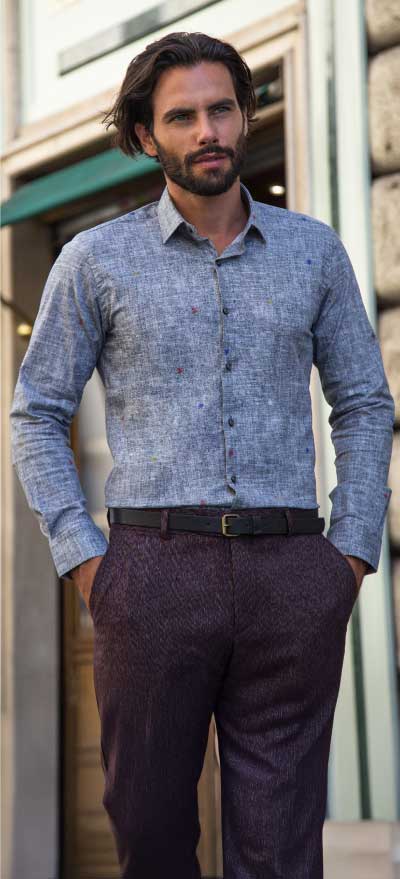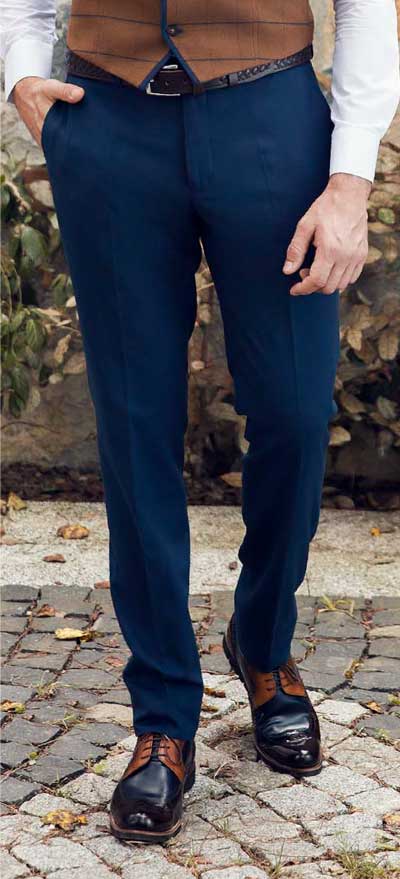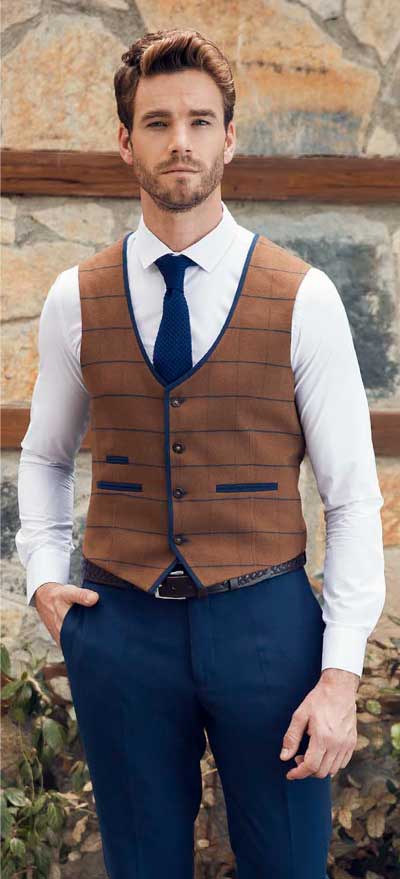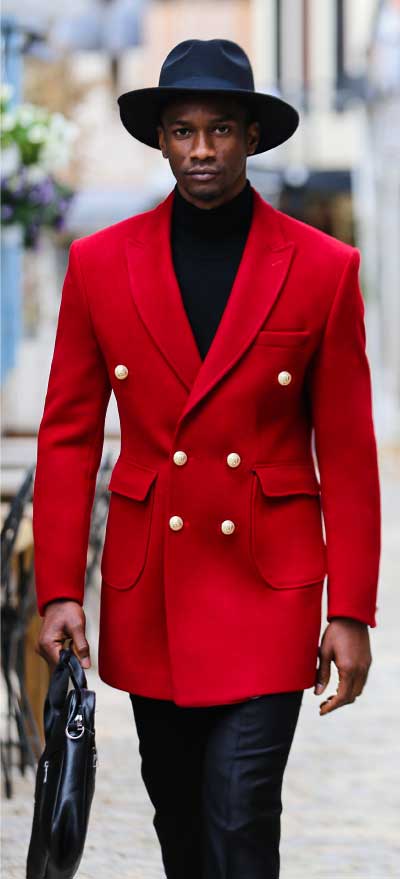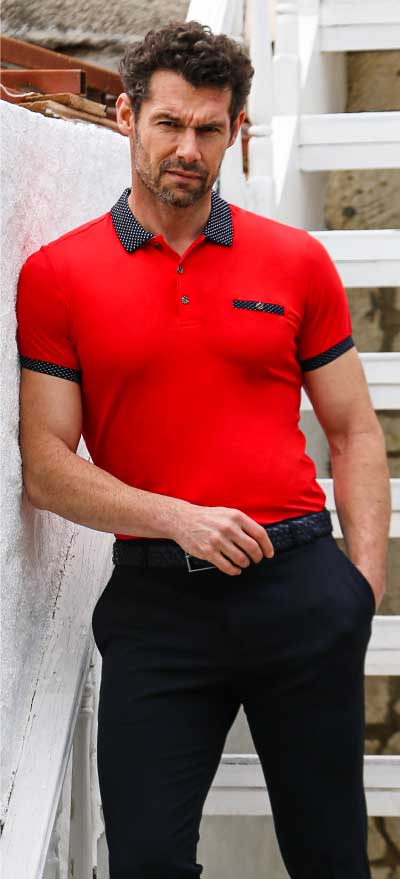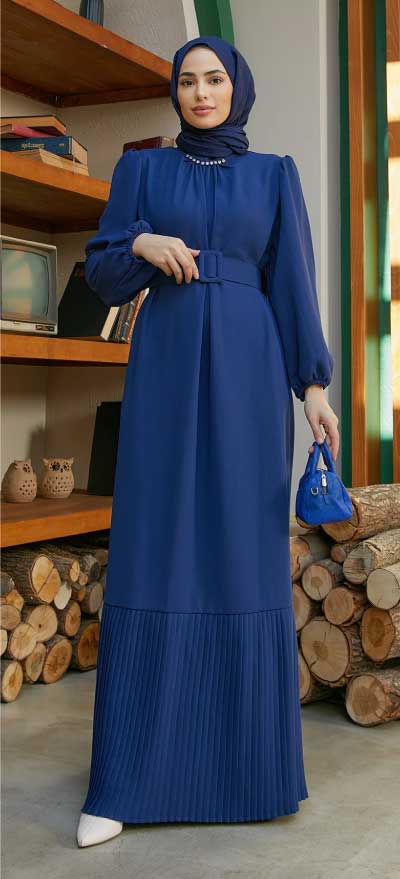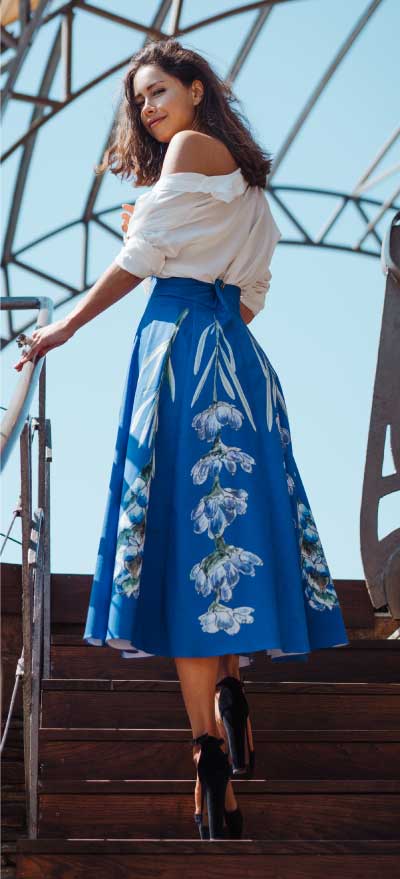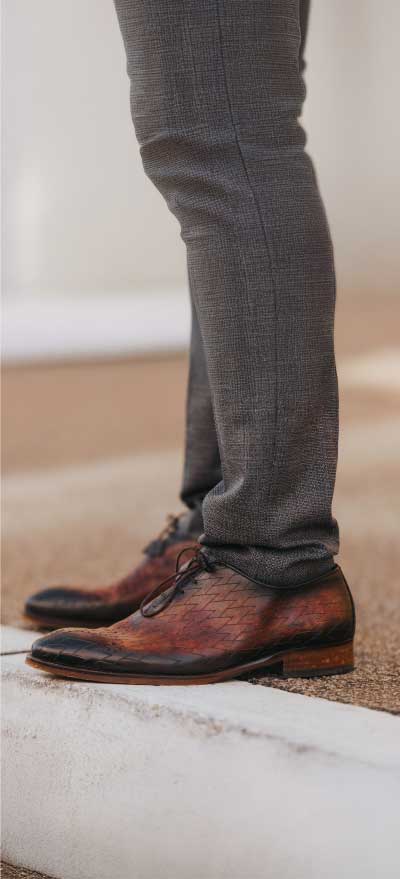The Role of Sustainability in Wholesale Men's Fashion
The Role of Sustainability in Wholesale Men’s Fashion
Why Sustainability Is Transforming Men’s Fashion
In 2025, sustainability has become one of the strongest forces shaping the global fashion industry. Men’s fashion, once focused primarily on durability and style, is now expected to balance these qualities with eco-conscious practices. Retailers sourcing wholesale men’s clothing must consider not just the price and design, but also the environmental impact. For wholesalers like Clothing Supplier, integrating sustainability into men’s fashion collections is no longer optional—it’s a necessity for long-term growth and global relevance.
Eco-Friendly Fabrics in Men’s Clothing
Materials play a crucial role in sustainable wholesale fashion. Modern collections now prioritize:
-
Organic Cotton: A staple for shirts, t-shirts, and casualwear.
-
Recycled Polyester: Popular in sportswear and jackets, reducing plastic waste.
-
Linen and Hemp: Breathable, durable fabrics perfect for spring and summer collections.
-
Wool Alternatives: Eco-certified wool or blends that minimize environmental impact.
Offering these fabrics in bulk allows retailers to meet growing consumer demand for eco-friendly apparel without sacrificing style.
Sustainability in Everyday Men’s Wardrobe Staples
Men’s wholesale fashion thrives on basics—suits, shirts, trousers, and jackets. Today, buyers expect these staples to be produced responsibly. From office-ready blazers made with recycled fibers to casual trousers dyed with low-impact techniques, sustainable options help retailers stand out in competitive markets.
Reducing Waste Through Smarter Wholesale Practices
Overproduction has long been a challenge in wholesale fashion. Sustainable strategies now focus on:
-
Flexible minimum order quantities (MOQs).
-
Seasonless designs that remain relevant year-round.
-
Bulk packaging solutions using recyclable materials.
By balancing supply with actual demand, wholesalers and retailers reduce waste while maintaining profitability.
Transparency and Ethical Production
Retailers increasingly demand proof of responsible sourcing. This means wholesalers must provide transparency about their supply chain—where fabrics come from, how workers are treated, and how factories manage resources. Suppliers like Clothing Supplier who can demonstrate ethical practices gain stronger loyalty from global buyers.
The Business Advantages of Sustainable Men’s Fashion
Sustainability doesn’t just benefit the planet—it strengthens business:
-
Customer Loyalty: Eco-conscious shoppers are more likely to return to brands that reflect their values.
-
Market Expansion: Many regions prioritize or regulate sustainable imports.
-
Brand Reputation: Retailers who source from sustainable suppliers enhance their image.
-
Long-Term Savings: Energy-efficient production and waste reduction cut operational costs.
Challenges to Overcome
Implementing sustainability in men’s wholesale fashion isn’t without difficulties. Costs for organic fabrics and certified production are often higher, and transitioning supply chains takes time. However, wholesalers who make the investment now will be better positioned as regulations tighten and consumer expectations grow.
Conclusion: A Future Built on Sustainable Wholesale
Sustainability has become a defining element of men’s wholesale fashion. From eco-friendly fabrics and ethical production to waste reduction and supply chain transparency, retailers expect their suppliers to align with modern values. By working with trusted partners like Clothing Supplier, businesses gain access to high-quality, sustainable men’s collections that meet consumer expectations and secure long-term success in a competitive market.




